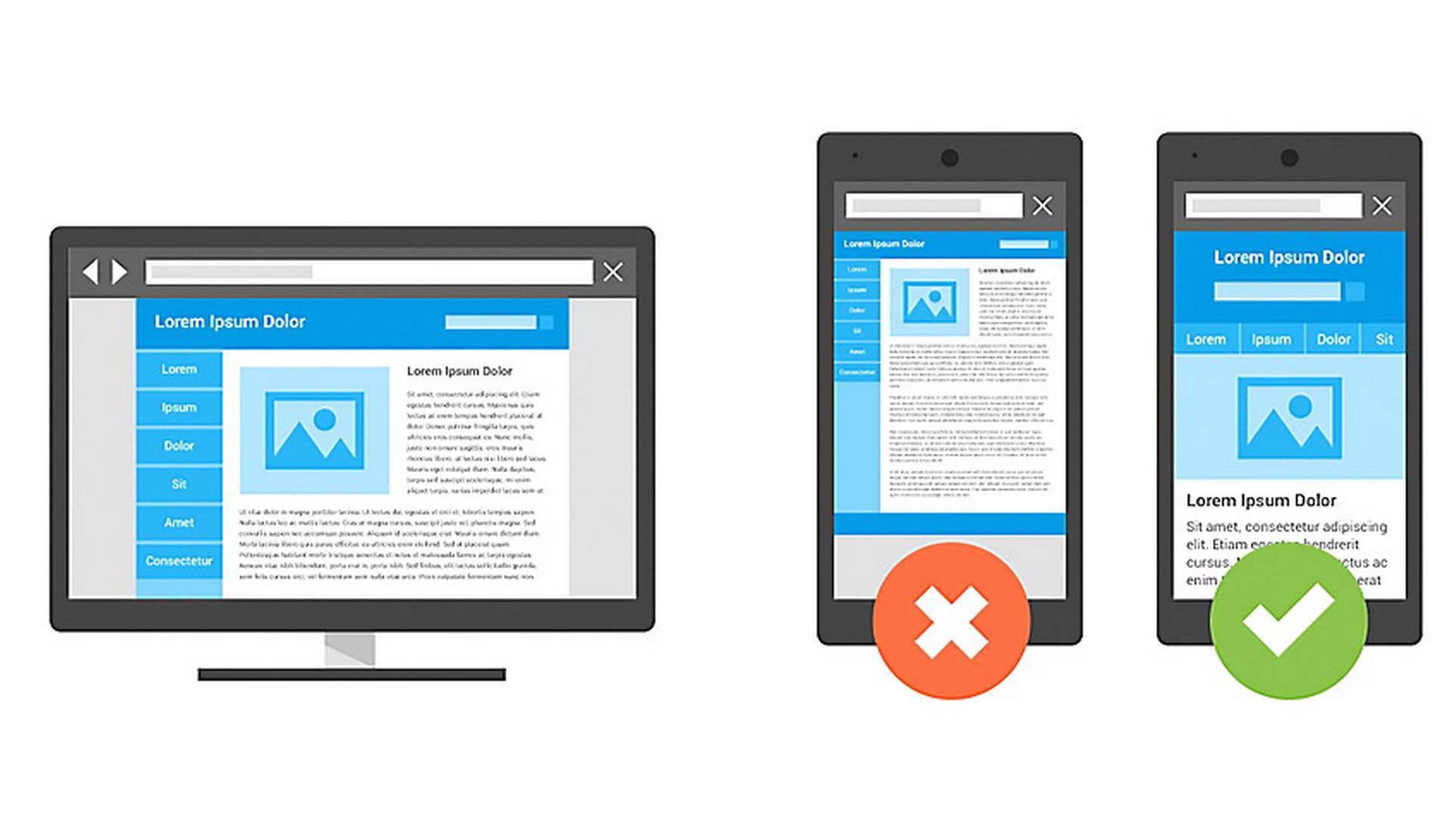MFI Has Made Mobile Usability A Priority

Since its introduction earlier this year, mobile first indexing has changed the way developers and designers are creating websites. Mobile first indexing, or MFI, means Google will now use the mobile version of a site first when they are compiling search results and rankings.
Websites which are not responsive and do not have a mobile version are unlikely to appear very highly in search results and may notice a drop in the number of users visiting their site. Of course, many businesses have recognised the value of having a functional and efficient mobile site for some time and the upsurge in mobile users has been an ongoing trend in recent years.
Google's introduction of Mobile First Indexing has also caused changes in the importance of other ranking factors including mobile usability. Despite the impact mobile usability can have on a site’s rankings, many website owners are unfamiliar with the term and are unaware of its importance.
What Is Mobile Usability?
When people first started viewing websites on mobile devices, they typically saw a smaller version of the desktop website. Some site owners offered mobile versions of their website but these often had minimal features and functionality.
In response to the rise in mobile users, developers and designers began focusing on mobile usability. Instead of merely replicating a desktop site on a smaller screen, developers assess mobile usability to determine how well a site will function on a mobile device and what type of user experience it will provide.
People use mobile devices very differently to desktops and laptops, so it’s not surprising that their user experience, or UX, varies considerably. Instead of using a mouse or touch-pad, for example, people typically use their fingers and thumbs to navigate on a mobile device.
Designers and developers base mobile usability on a number of factors but usage and ergonomics are now key in the development process. How a site feels to users and how easy it to navigate a site without re-positioning the device is as important as the visual design and back-end development.
Why Does Mobile Usability Matter?
Since the implementation of mobile first indexing, we’ve conducted independent research in order to assess the impact it’s having on sites. This research has shown a distinct correlation between mobile usability and the drops and gains site owners are experiencing.
Now seeming to be a primary ranking factor, mobile usability highlight’s the search engine’s commitment to mobile first rankings and the continued demand for mobile-friendly websites.
As a result, sites with a relatively low mobile usability ranking are likely to drop lower down in search rankings, regardless of whether the site is a dedicated mobile site or a responsive site. It’s essential, therefore, that companies take mobile usability into account and update their sites accordingly. A vital part of mobile optimisation, the importance of good mobile usability cannot be overstated in today’s climate.
For a mobile usability assessment or to increase your site’s mobile usability, contact WYSI today.


